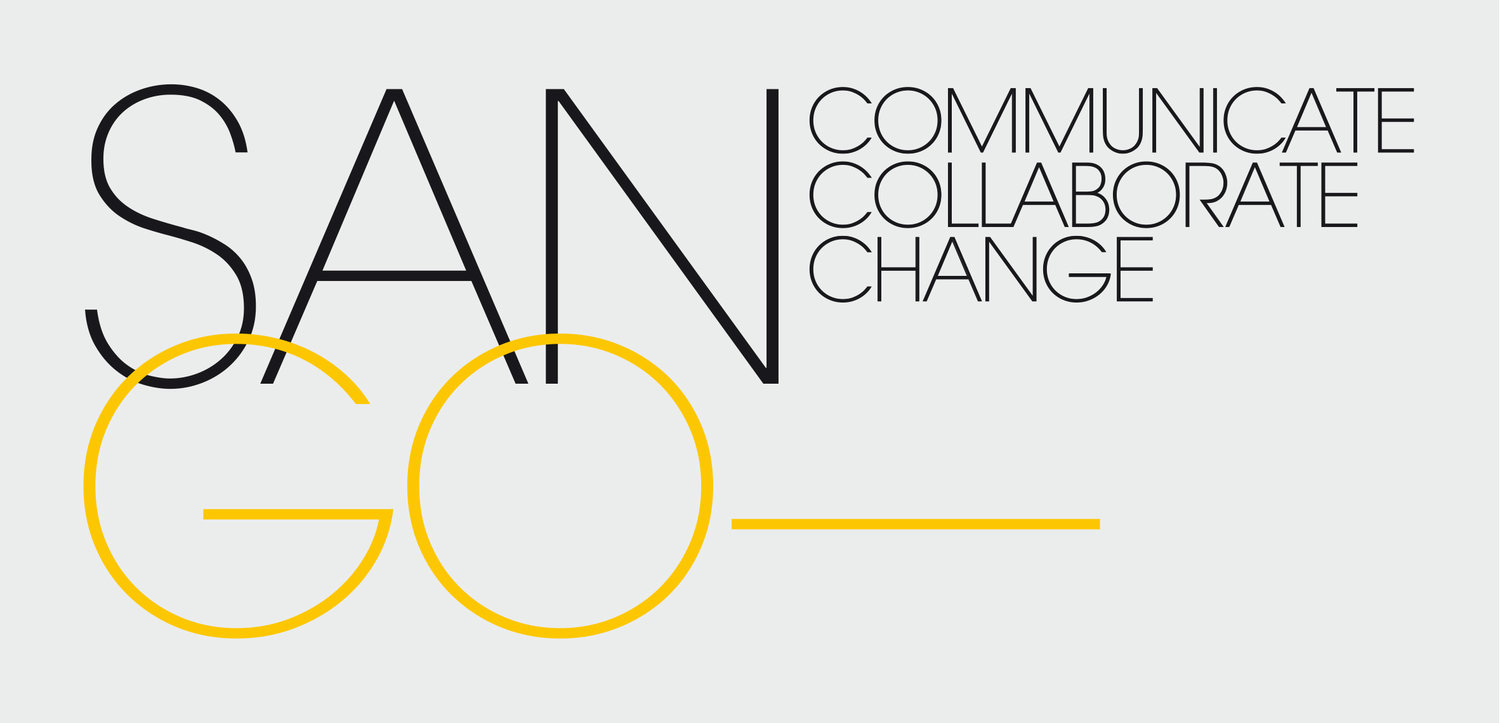I was doing some fundraising research for a client recently when I came across the Forbes website, and specifically their list of billionaires. This site tracks the stock portfolios of billionaires in real time (http://www.forbes.com/real-time-billionaires/).
That particular day’s winner was Larry Ellison, CEO of Oracle – his stocks were up $550.3million in under 24 hours. I’ll just give you a minute to take that in. That single day’s profit for that one individual is slightly more than the annual income of Macmillan Cancer Research and the British Red Cross combined!
I’m not about to argue that this is unfair, as this is the system of unfettered capital we live in (and not just in the West – number 3 on the list is Indian businessman Lakshmi Mittal, with a gain of $331.5million). We know the rules when we play the game. Some may say this is an obscene amount for any one person, and they are probably right. The point is not to get too annoyed by this – as, like most of life it is out of one’s control – but to work out how to use this knowledge to slightly redress the balance by getting some of that money to charities.
OK, the billionaires may retort that the profit is notional, as it is not crystalised until the stocks are sold. But they still receive income from dividends which could be shared with others. They also may say that they already have a charitable foundation. However, unless you’re Bill Gates I’d argue that the charitable foundations of most super rich people rarely reflect the size of their income. And the funds also go towards pet projects of the billionaire, rather than necessarily where they are most needed.
A two-fold approach could be applied to this issue. Firstly, educate the general public about the scale of this wealth, and get them talking about it. It’s often hard to grasp just how much richer some people are than the rest of us; the size of the numbers can render them meaningless. The result is that this wealth is not discussed. Paradoxically at other end of scale charity expenditure is scrutinised to a far greater extent, and spend on administration questioned by much of the public. Many people even hold the view that “all charity staff should be unpaid”. For these people, it’s almost as if the charity sector exists in a parallel universe from the private sector, staffed by people for whom good deeds should in themselves be reward enough.
Secondly, make the right level of ask to truly rich people. When you next meet a billionaire, you know what to say: “I don’t need all your wealth – just a day’s profit would suffice.”
Steve Morley is Managing Director of strategy house Sango Consulting. He spent ten years working in campaigns, marketing and communications for big NGOs, before setting up his own consultancy in 2006. He has since worked in over fifty organisations across all sectors.
For more information call 07903 541124, email steve@sangoconsulting.co.uk or visit www.sangoconsulting.co.uk.


